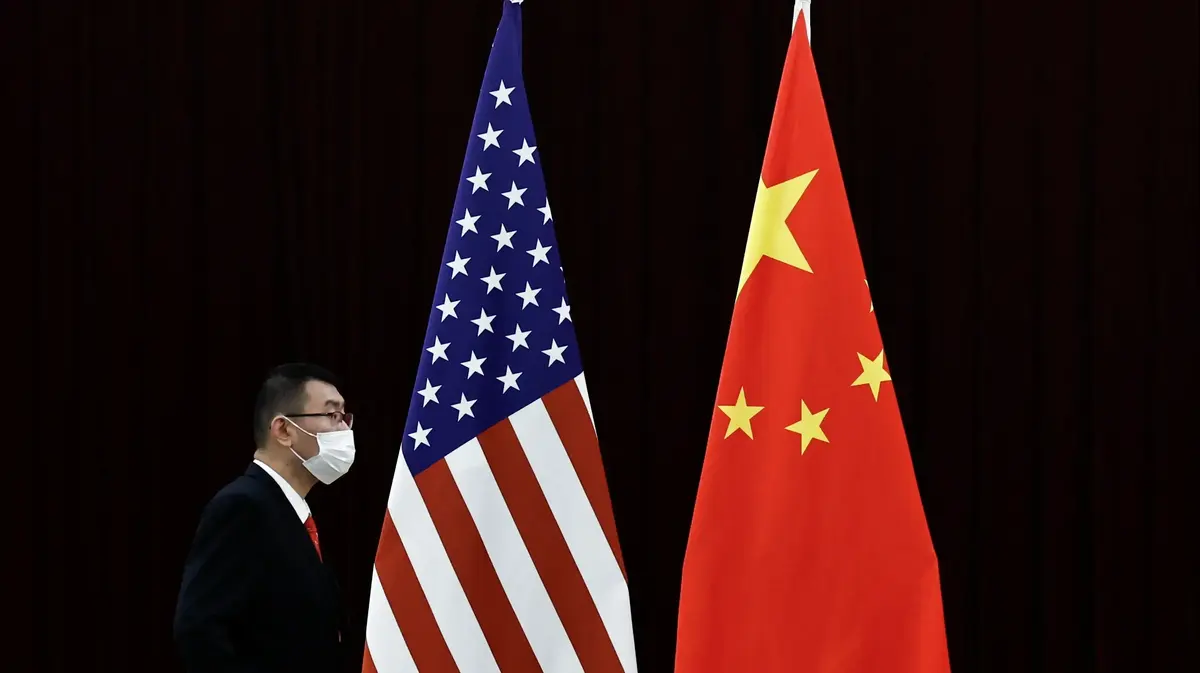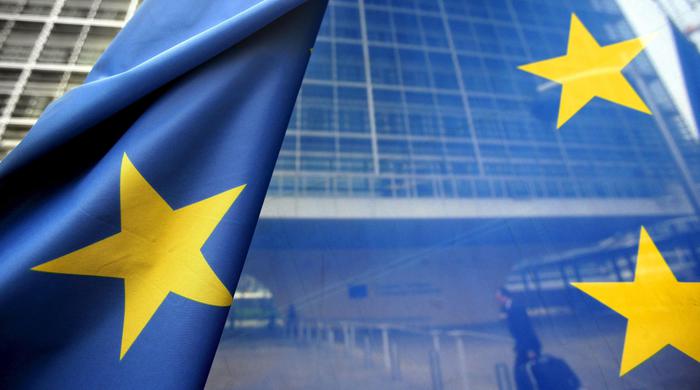Spain will promote during its presidency of the EU the regulation on artificial intelligence (AI), which seeks to make the Union the first region in the world to put rules on the possibilities and risks of this technology that advances by leaps and bounds. The Spanish team, which will take the reins of the Council of the EU on July 1, will dive into one of the most complex and decisive issues for the global future, and which has already opened heated debates on the transparency of these technologies, especially the generative one such as ChatGPT. "Spain will do everything possible in the negotiations on the regulation on AI with the European Parliament, ensuring that it does not undermine innovation, but at the same time protects people's fundamental rights," says the working document that the Spanish delegation has sent to the member states and the leadership of the Council of the EU, and that EL PAIS has been able to consult.
Proof of European – and global – concern about the rapid advance of AI, especially generative AI, is the fact that Europe and the United States have proposed, this week, a voluntary "code of conduct" for companies that develop this technology. The idea is that these lines of conduct act as a "bridge" until there is legislation to regulate it. The European Commission itself has proposed "guidelines" for its workers on generative AI.
Spain's six-month term at the helm of the EU council begins three weeks before Spain's general elections brought forward to July 23. By then, the European Parliament should have set out its position on AI legislation, predictably during its June plenary. With this, the way is opened for the negotiation of a final common text of the States and the European Parliament, a task that will fall mainly during the Spanish presidency of the Twenty-seven.
"Generative AI has become mainstream and has made all the news headlines, creating global awareness thanks to the benefits it can bring to the efficiency of companies, but also to the risks it poses to security, disinformation or respect for people's rights," says Spain's European working document, dated May 30.
The European Commission presented two years ago a proposal for a regulation for AI that is now under negotiation in the European Parliament, where MEPs have integrated proposals such as vetoing the "intrusive and discriminatory uses" of this technology, especially biometric systems in real time or ex-post in public spaces. AI and its negative effects on citizens' rights and freedoms are of concern to MEPs, especially if it is in the hands of unscrupulous companies or governments.
The Government of Pedro Sánchez has been promoting since last year a pilot testing field (sandbox) to agree on a guide of good practices that improves the implementation of AI and is now committed to the Member States to deliver the "preliminary results" of these works. Madrid will also host in November the so-called General Assembly of the Alliance on AI.
Spain, which speaks in the working document of "reflecting on the importance of developing an ethical and inclusive digitalization", wants to boost the position of the EU as a reference center to attract emerging companies, talent and investment. The goal is to achieve the objective of the digital decade 2030 and double the number of unicorns in the EU, highlights the document of the Spanish Presidency.
Europe seeks a balance between regulating AI, especially generative regulation, and avoiding a framework so restrictive that it makes powerful companies in the sector settle in other less strict regions. Proof of the concern generated by this issue is the fact that the president of the Commission, Ursula von der Leyen, receives this Thursday in a closed-door working meeting one of the main public figures of generative AI, Sam Altman. The founder of OpenAI, the company that created ChatGPT, already met with Sánchez at the end of May, within the framework of the European tour that he has undertaken and that also took him on Wednesday to the Swedish town of Lulea, where the heads of Competition of the United States and the EU agreed to propose in the coming weeks a voluntary "code of conduct" for the sector.
Although no details were given from Lulea, community sources explain to EL PAÍS that the objective is "to convene AI companies active in the EU market to seek an early implementation of the key points of the AI Law" once the European Parliament gives its final approval to its negotiating position, as the Council did in December. The companies would thus agree to advance these key points of the legislation "voluntarily" and before they become mandatory, once the regulations come into force, which may still take up to a year or more, the sources say.
The idea behind it is that the advance of generative AI is so rapid that it imposes short-term measures that cannot wait for the European law on the matter – or that which other countries can prepare – to be finalized and implemented. Therefore, it is necessary "to promote, at a global level, guardrails, especially for generative AI or advanced general-purpose AI models (IAPG) that entail new and serious challenges for society that will have to be addressed urgently," the sources point out.
In this regard, they recall that already at the G7 summit in Hiroshima the leaders of the seven most advanced economies in the world concluded, as noted in their final communiqué, that discussions on inclusive governance of AI and its interoperability must be advanced to achieve our common vision and goal of trustworthy AI, in line with our shared democratic values."
The Commission's "guides"
The Commission itself has issued "guidelines" for its staff for the use of "generative AI tools" available online, with the aim of "assessing the risks and limitations" of these tools and establishing a series of "conditions" for their "safe use" – not prohibited – within the framework of its work within the European Executive, according to the internal document for community officials that this newspaper has been able to consult.
Among others, this guidance prohibits Commission workers from sharing with a generative AI model any personal data or information that is not already in the public domain. The reason, the documentation notes, is that these models "may produce erroneous or prejudiced responses." For that same reason, community staff should "critically evaluate" any response produced by generative AI, in addition to taking into account that this type of material could be violating intellectual property rights. Above all, community workers are urged to avoid at all times using material created by generative AI to produce community texts, "especially legally binding ones".
In its six-month term, Spain will also integrate relations with Latin America and the Caribbean in almost all its dossiers, including telecommunications, and will try to promote the implementation of the EU-CELAC Digital Alliance, to promote digital partnerships with key countries in Latin America and the Caribbean. In addition, within the new strategy with which the EU seeks to approach the region – and which includes the EU-CELAC summit in July, in Brussels one of the most important meetings of the entire semester – the Spanish presidency seeks to promote bilateral investment packages to promote the "digital transformation centered on the human being and oriented to rights".
You can follow EL PAÍS Tecnología on Facebook and Twitter or sign up here to receive our weekly newsletter.
Subscribe to continue reading
Read without limits
Read more
I'm already a subscriber

/cloudfront-eu-central-1.images.arcpublishing.com/prisa/RGPUPKABUYHJUAEQGC34M4VURA.jpg)


/cloudfront-eu-central-1.images.arcpublishing.com/prisa/6WXBDHP36LUSCU24WPM6SPSFEE.jpg)




/cloudfront-eu-central-1.images.arcpublishing.com/prisa/OHXLFBWROJHYTONFRSHBKYUOIU.jpg)





